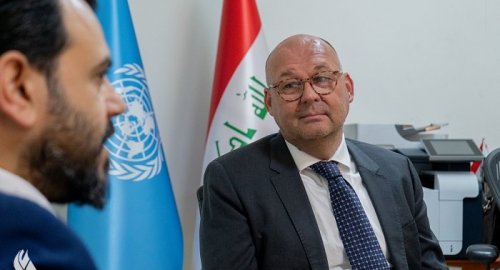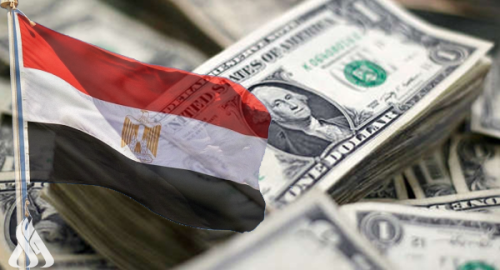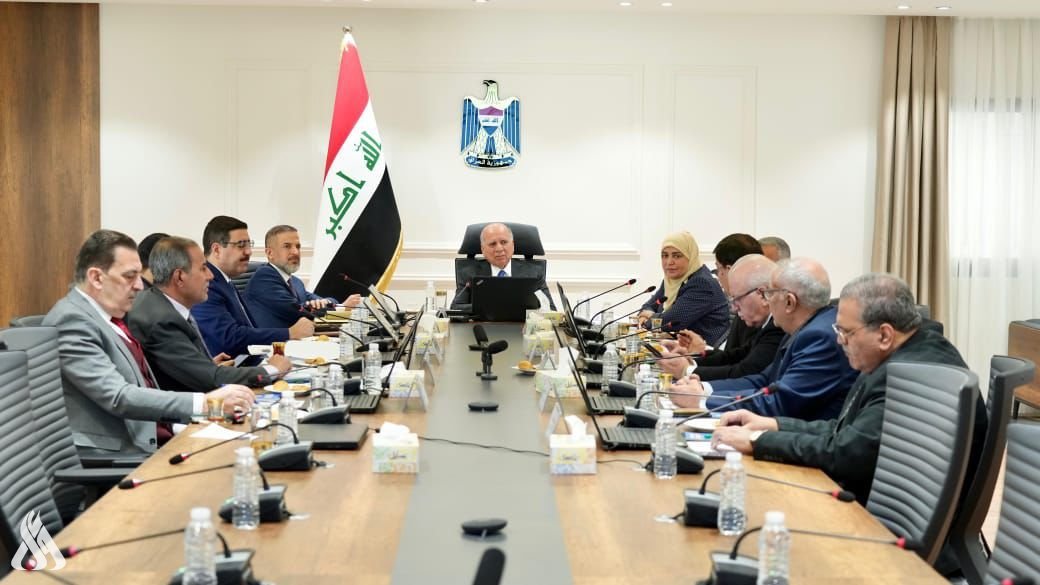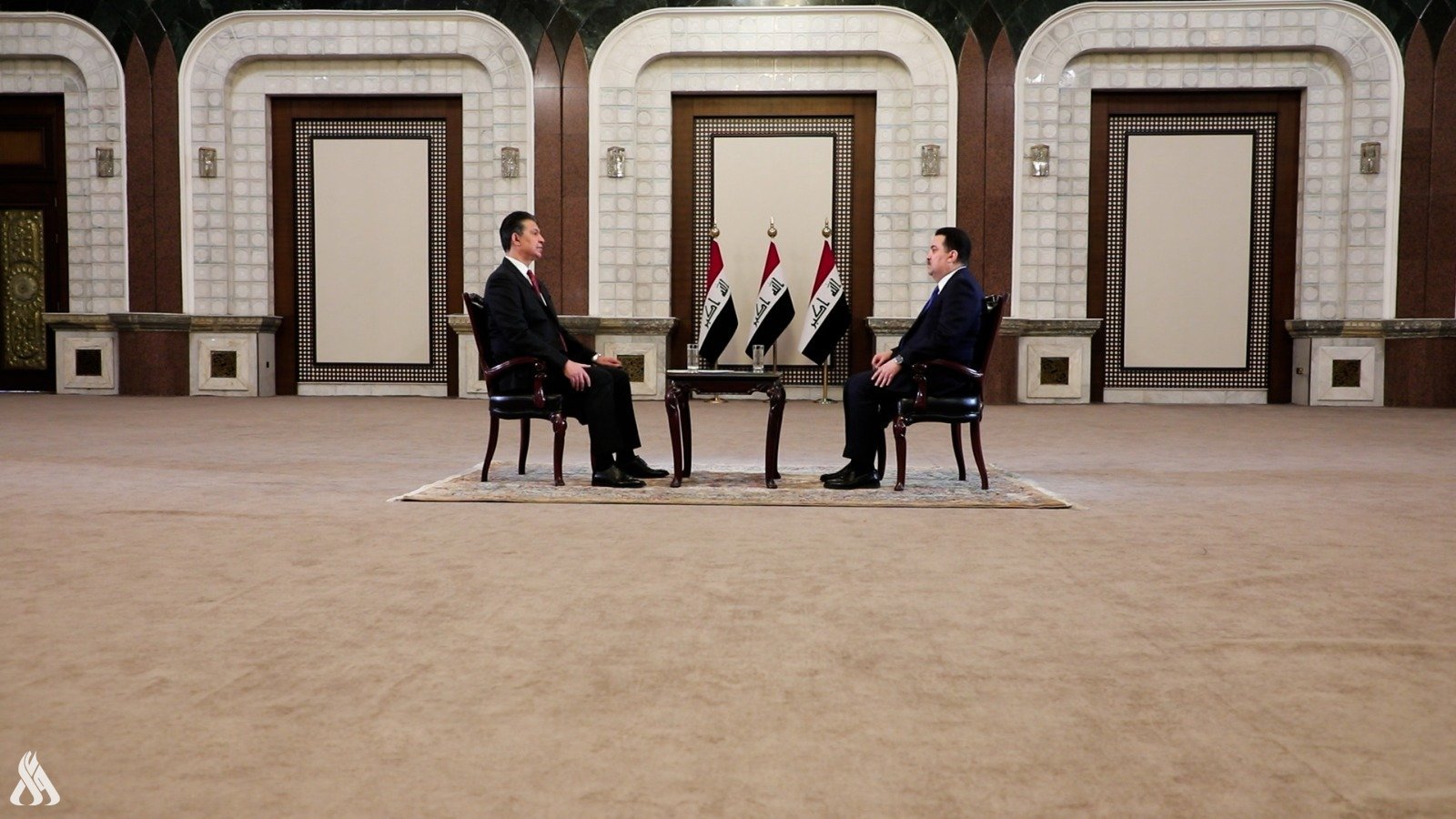
World Bank: Iraqi businesses have improved their operating environments, making them globally competitive

- 3-10-2024, 17:09
Baghdad - INA
The World Bank confirmed, today, Thursday, that Iraq is witnessing a major transformation in improving the business environment and public services, which has made it competitive globally.
The Ministry of Finance said in a statement received by the Iraqi News Agency (INA): "The World Bank issued the Business Ready 2024 (B-READY) report, which showed that Iraq is witnessing a major transformation in improving the business environment, and clarified the progress made by Iraq in vital areas such as regulatory frameworks, public services, and operational efficiency.".
The Ministry added, "The report showed some positive developments and achievements that Iraq has made in making the business environment more attractive and efficient for local and international companies, including:
1- Stability of the regulatory framework, as Iraq has made significant progress in creating a more stable and business-friendly regulatory framework, and has succeeded in improving the ease of doing business by simplifying company registration processes and eliminating minimum capital requirements. This improvement contributes to making Iraq more attractive to entrepreneurs, especially small and medium enterprises (SMEs), which play a key role in creating job opportunities and diversifying the economy. Positive impact: Aligning Iraqi commercial regulations with international standards has facilitated cross-border transactions and created a more stable and predictable environment for investors.
2- Improving access to public facilities and infrastructure, as Iraq has made tangible progress in the public utilities sector, which is essential for business operations. The government has reduced the time required to access basic services such as electricity and water, and infrastructure investments are currently underway to improve the reliability of service delivery in the future. Positive impact: These reforms have already contributed to reducing operational disruptions and increasing investor confidence in the market, despite the need for Further improvements are underway.
3- Strengthening labor market regulations, as Iraq introduced new labor market regulations aimed at protecting workers and promoting market inclusiveness. Achievements include equal pay policies, anti-discrimination regulations, and support for collective bargaining rights. The government also expanded public employment services and training programs to meet the needs of the private sector. Positive impact: These reforms have helped create a more flexible and inclusive labor market, making Iraq more globally competitive.
The Ministry also pointed out that, “Despite the positive points documented in the report, it was based on outdated data collected in 2023 by the Business Ready team from the private sector, and the data reflects the stage that preceded its collection before the current government’s reform initiatives and the stimulus general budget were fully implemented.”
In addition, The Ministry continued, “Because the government has given great attention to the private sector, the business environment has developed significantly over the past two years and will continue to develop at an accelerated pace in the coming months and years when the fruits of the reforms are fully reflected, including what has been achieved, such as: reforming a significant number of laws and regulations, tax and customs reforms, electronic payment, e-commerce, digital transformation, reforming state-owned companies, guarantees granted to the private sector, and others. Therefore, the report did not fairly show Iraq’s journey towards reform and the progress made in many areas, including establishing a more stable regulatory framework.”
The ministry stressed that "the Iraqi government is committed to continuing economic reforms, and the impact of the general budget and reform initiatives will appear in future reports based on updated data, which is what the World Bank should have done originally in the report issued today."
Egypt announces payment of $38.7 billion of its debts
- International
- 09:58
Syria: Imposing a curfew in the city of Homs
- International
- 07:45
US Central Command: We killed ISIS terrorist leader Abu Yusuf in Syria
- International
- 24/12/20
Liverpool compete with Real Madrid to sign Olympique Lyonnais star
- Security
- 24/12/19
7 ISIS elements arrested in Kirkuk
- Security
- 24/12/20












